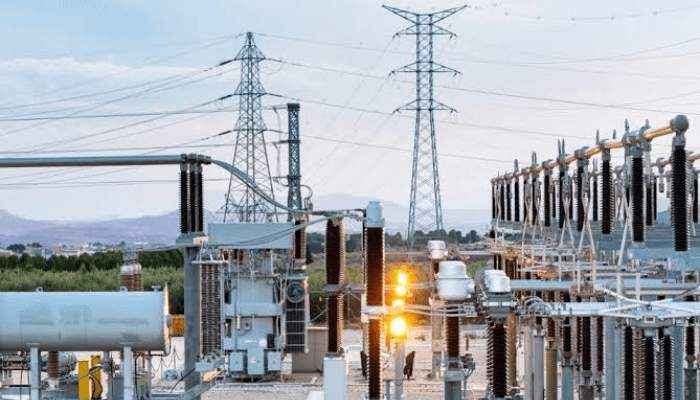Few issues have drained Nigeria’s potential more persistently than the failure to provide reliable electricity. For decades, poor power supply has been the single most crippling bottleneck to industrial growth, productivity, and everyday living. Yet, successive governments have approached it with the same mix of half-hearted reforms, policy reversals, and bureaucratic excuses.
Today, the reality remains grim. Over 85 million Nigerians, nearly 40 percent of the population, still lack access to electricity. Those who do are trapped in a cycle of darkness and diesel, forced to rely on generators that inflate production costs and pollute the environment. Despite privatization in 2013 and trillions of naira spent on “stabilisation interventions,” national grid generation continues to hover between 4,500 and 6,000 megawatts, barely enough to power a medium-sized city, let alone Africa’s fourth largest economy.
The consequences are enormous. Manufacturers report that power accounts for up to 40 per cent of their operating costs, forcing many to shut down or relocate to neighbouring countries. Small and medium enterprises, the lifeblood of the economy, are suffocating under rising energy expenses. In the informal sector, artisans, tailors, and welders have turned silent as fuel prices soar. Every watt lost on the grid is a job lost on the street.
The government cannot continue to excuse this failure under the guise of complexity. The problem is no longer technical; it is political, managerial, and moral. The much-touted power sector privatisation has largely failed because it replaced public inefficiency with private monopoly. Distribution companies (DisCos), which were expected to bring efficiency and investment, have instead become rent-seeking intermediaries, surviving on government bailouts and arbitrary tariff hikes. Transmission infrastructure remains weak, with the national grid collapsing multiple times yearly, often with no accountability.
What Nigeria needs now is not another round of white-paper reforms, but decisive action anchored on transparency, competition, and innovation. First, government must demand performance or repossess non-performing power assets. Second, tariffs must reflect service quality, not the other way around. Nigerians should not continue to pay more for darkness. Third, the energy mix must be diversified. Gas shortages continue to choke generation plants, while renewable opportunities, solar, hydro, and wind remain underutilised.
Equally important is the need to tackle corruption and inefficiency within regulatory agencies. The Nigerian Electricity Regulatory Commission (NERC) must function as a true referee, not a bystander. Public trust in the sector has eroded precisely because of the absence of fairness and enforcement.
At the heart of the crisis, however, lies a deeper national contradiction: a country blessed with immense natural and human resources, yet starved of power to harness them. Without electricity, Nigeria’s vision of industrialisation, job creation, and digital transformation is a mirage. Energy is not just another infrastructure item; it is the foundation of modern civilisation.
If President Tinubu’s government truly seeks to drive economic renewal, power must take priority over politics. The billions spent on roads and refineries will amount to little if factories remain idle and homes unlit. Nigeria’s power crisis is not unsolvable; it is simply unattended with the urgency and honesty it deserves.
The time for excuses has passed. Every administration since 1999 has promised to “fix power,” yet the darkness deepens. Nigerians do not need more speeches; they need electricity that works. Until that happens, the dream of inclusive growth will remain just that, a dream powered by hope, but drained by darkness.





